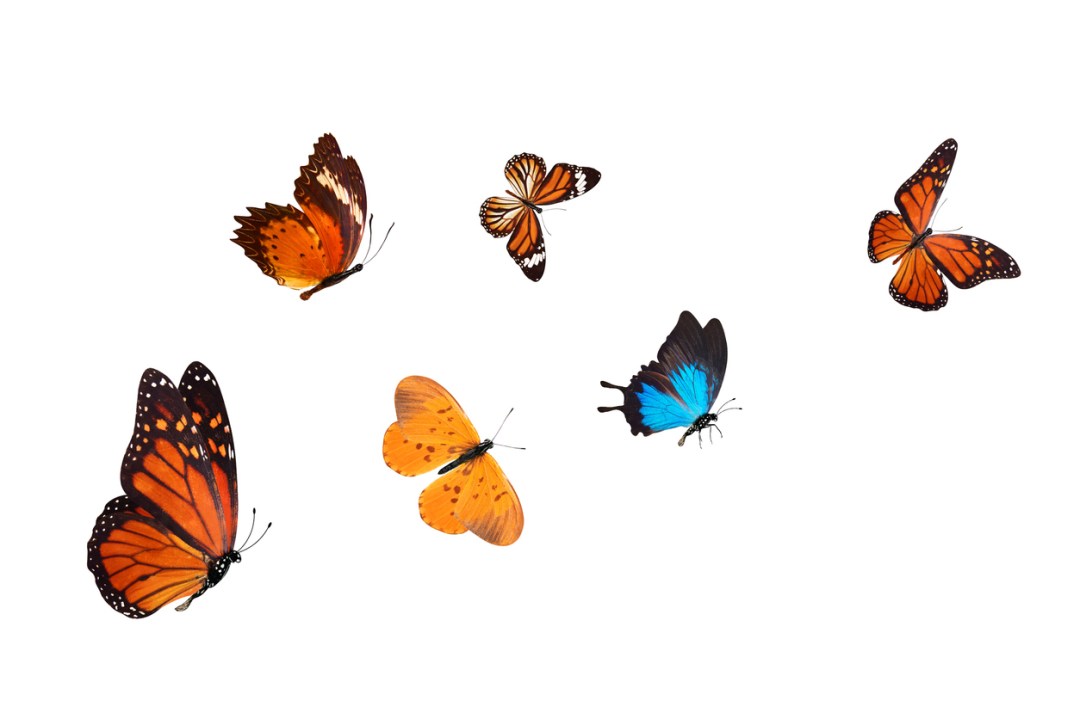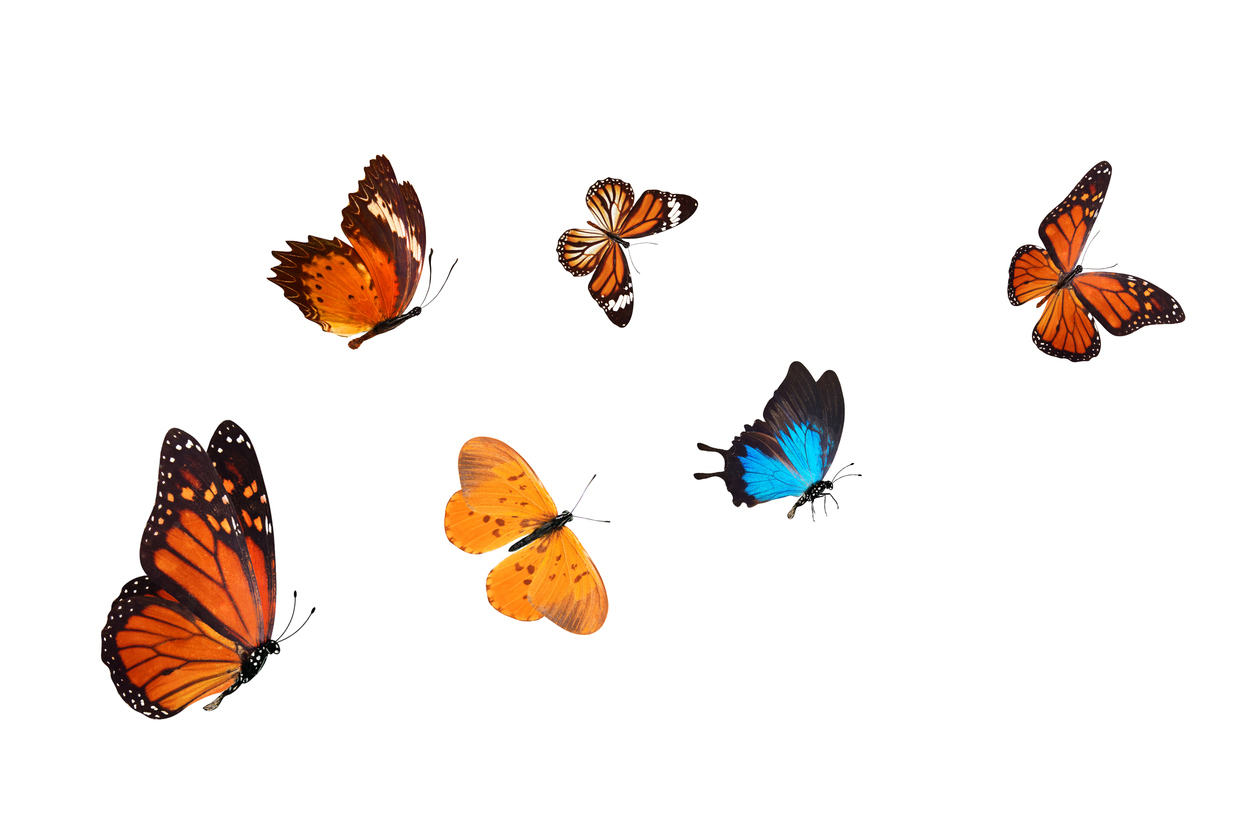Our age of mental hypochondriasis has some surreal, even comic, aspects. I recently met some Gen-Zedders who were actually competing over bagging psychological diagnoses. Unsurprisingly, ADHD was the gateway pathology for these young folk – prescription rates for hyperactivity have jumped a fifth in the last year to 230,000, with doctors claiming to be overwhelmed by adults demanding such labels be medically rubber-stamped.
Is my anxiety something I would want to lead with, as a core pillar of my identity?
Between my Gen Zedders, the triumphant wielding of the ADHD diagnosis was swiftly followed by even more spirited claims to autism round the group, of which there has been a ninefold increase in diagnoses since 2015. The pathologisation of what might be called human mental states has reached such a pitch that Britain’s economy is suffering. Mel Stride, the work and pensions secretary, said last week that therapy culture had ‘gone too far’ and the ‘normal anxieties of life’ were being used as a reason to take time off work for sick leave – 150,000 people are signed off work for ‘mild’ conditions.
Indeed, the overarching disorder of the day – the massive umbrella under which most of the others can at least be partially housed – is anxiety. Don’t get me wrong, I have it too. I worry a lot. I catastrophise. I obsess ‘unhelpfully’ as various paid and unpaid professionals tell me. I exhibit hypochondria in certain matters – mostly those to do with possible signs of cancer (but am quite blasé about both safety and other aspects of health, particularly those that relate to self care).
But is ‘my anxiety’ something I would want to lead with, as a core pillar of my identity that is also something of great interest and importance to others? In my friendships I unload issues in an anxious way and I am lucky to have friends that not only put up with it but provide excellent counsel. But in the wider world I do not think that my mental health – and specifically ‘my anxiety’ – is of great interest, and it is certainly not what I would call the best seedbed for literary ambition. It used to be known that dreams and holiday snaps were boring to everyone else. The same is true of anxiety.
Americans feel differently. And boy do they make us know about it. My subscription to the New Yorker has yielded a weighty onslaught of articles that are full-frontally about the the contours of great worryability. There was the profile of playwright and Succession writer Lucy Prebble, headlined ‘Lucy Prebble’s Dramas of High Anxiety’. Her creative process is interesting because her work is so successful, but the piece didn’t always focus on that: it took cumbrous stock of Prebble’s own therapeutic record. Thus, when writing Succession at the same time as working on the Sky show I Hate Suzy starring Billy Piper, we learn that she ‘became so paralyzed with anxiety that she consulted a hypnotherapist…’ who ‘helped me reconceive writing in my mind to what it was when I was younger, rather than what it had become – which was this sort of overwhelming burden of having to deliver.’
Just days afterwards, the website went dramatically black with the arty illustration for a new cover story – the much-coveted weekend essay slot– called with a dullness that I assumed was a clever joke, ‘My Anxiety’, with the subheading ‘Is what’s wrong with me what’s wrong with everyone else?’
The piece was by Lauren Oyler, one of America’s hippest young critics, an intense yet winsome brunette who divides her time between Berlin and Brooklyn, and who shot to international fame among the intelligentsia for her take-down of fellow young New York hipster critic Jia Tolentino’s memoir and essay collection Trick Mirror, which Oyler found solipsistic and lazy.
The piece was a chapter from her new book of essays No Judgement – lambasted by yet another quirky young American hipster critic, Becca Rothfeld, the non-fiction critic for the Washington Post, for being… solipsistic and lazy.
Based on the excerpt in the New Yorker, I am inclined to agree with Rothfield’s assessment. It is as if the Americans have simply given up: it is no longer ‘I think therefore I am’. It is: ‘I have anxiety therefore I am’. Even ‘the personal is political’ no longer quite captures it: it’s more like ‘anxiety is the personal, the political and everything else’.
‘I would have thought it’s normal to be weird about a few things,’ opines Oyler near the start of her essay, ‘I, too, wonder constantly if the things I do and experience are normal… I have many more signs of disturbance than ten or eleven. I think.’ Making us care about Ms Oyler’s ‘signs of disturbance’ seems puzzlingly low on either her priority list or that of the New Yorker (or her publisher).
We then hear a description so boring, so mundane, so incarnate of the dullest aspects of ‘first world problems’ that I was sure it would rapidly yield something dramatic, or even vaguely interesting, but it didn’t. ‘I could say I’m sleeping badly, but it’s worse than that – I’m sleeping incorrectly,’ writes Oyler. ‘When I lie down, I don’t actually rest my head on the pillow; instead, I hold it slightly aloft, so that it touches the pillow but, instead of sinking into the soft material, remains hovering above it. To an observer I would seem to be lying down normally. I tell myself to relax – among other issues, I’m worried I’ll develop a thick neck.’
On and on it goes. I stopped half way through and vowed never to write about either my sleep problems (I have them too!) or my fears of not being normal (I have them also!) ever again, lest I turn into a professional snore like my hipper, more ‘aware’ American counterparts.







Comments